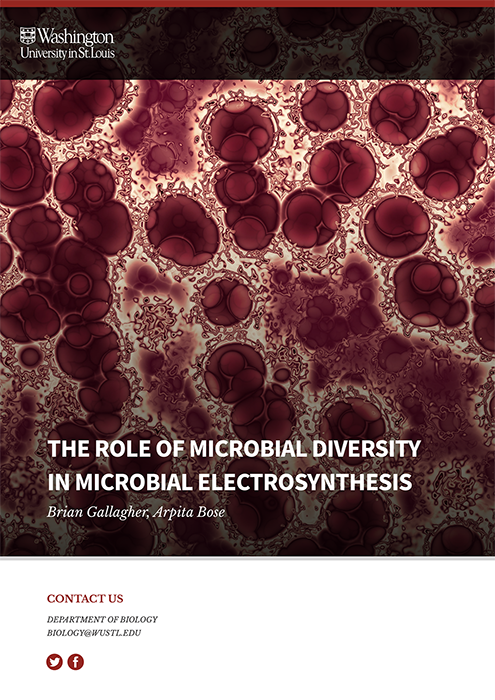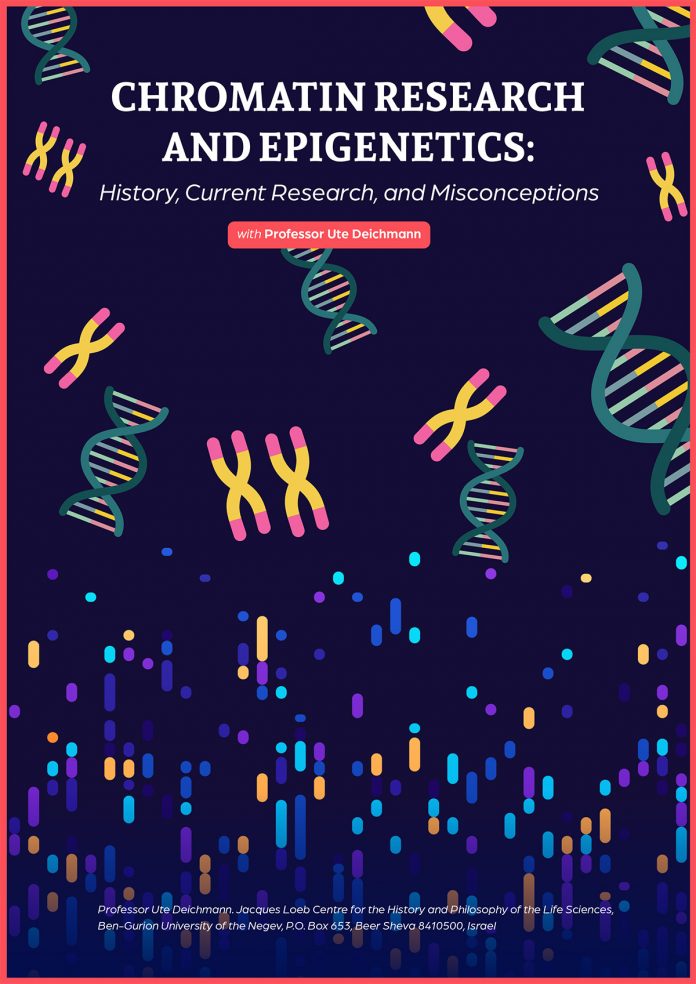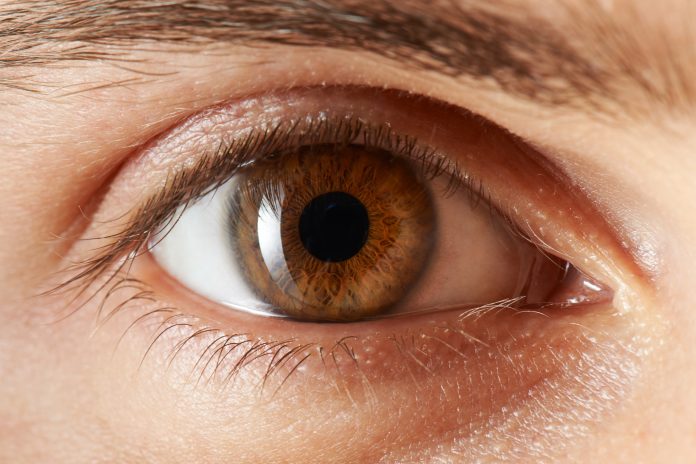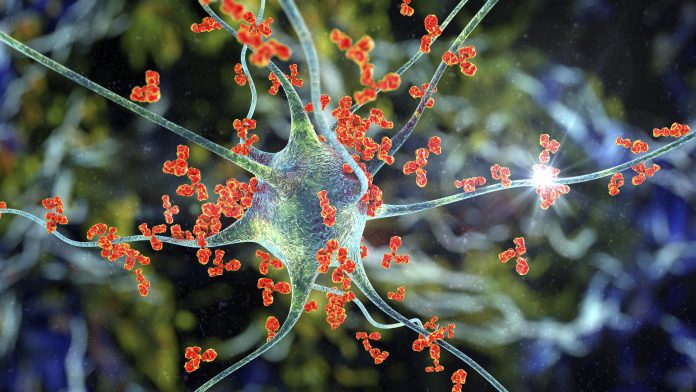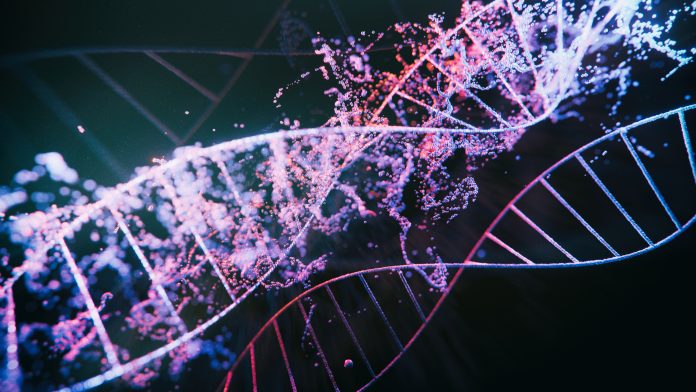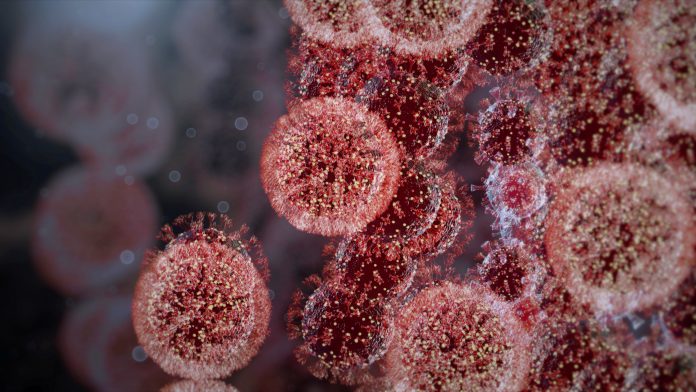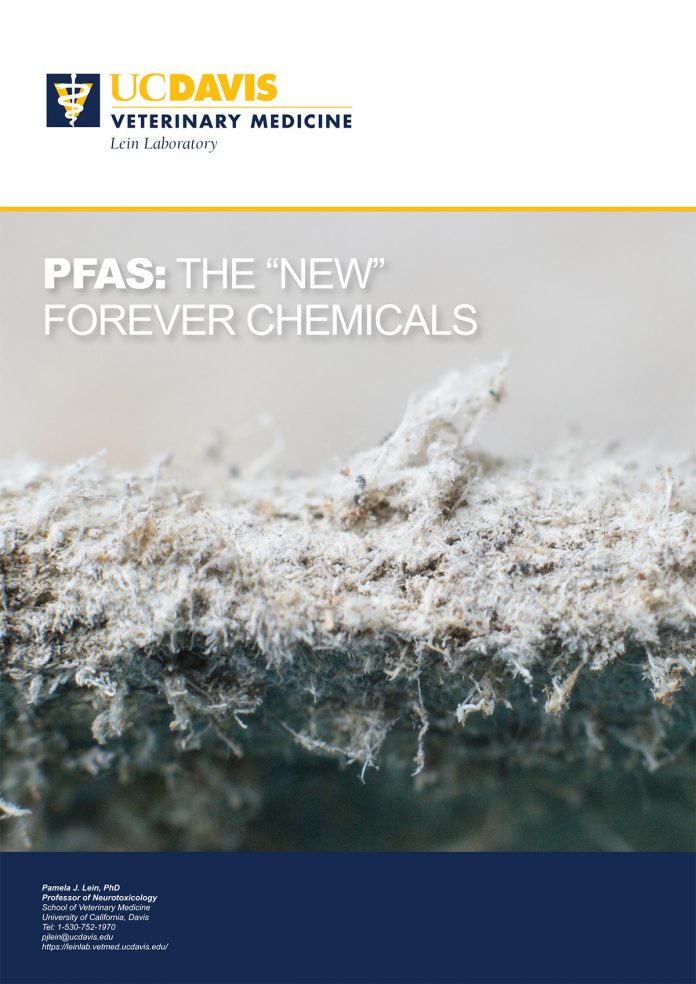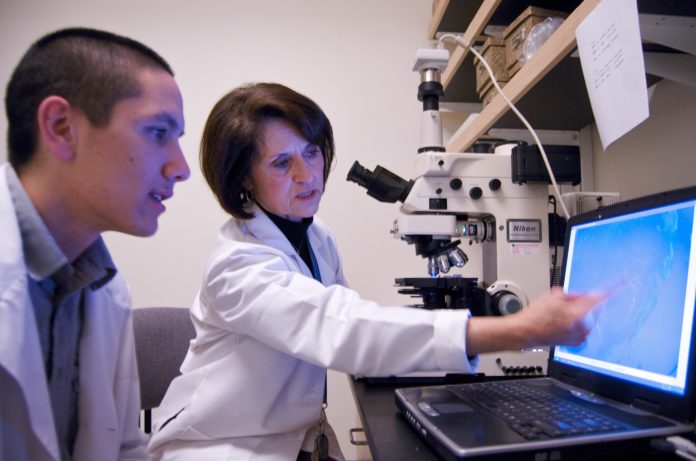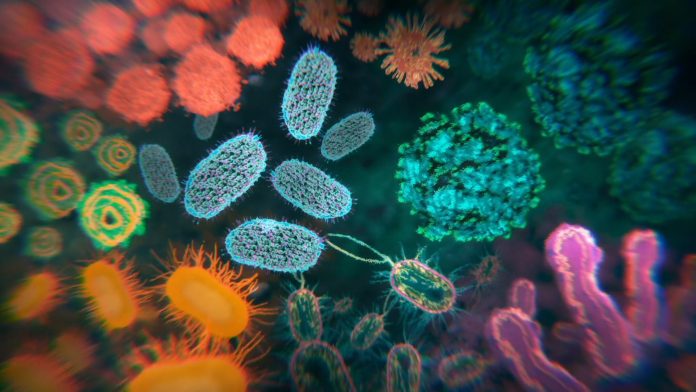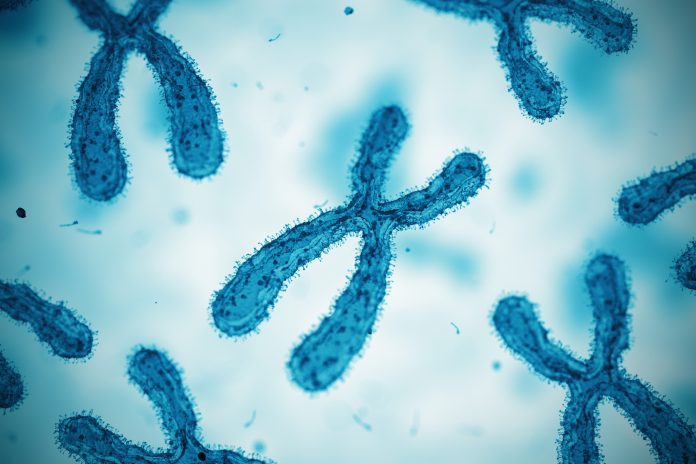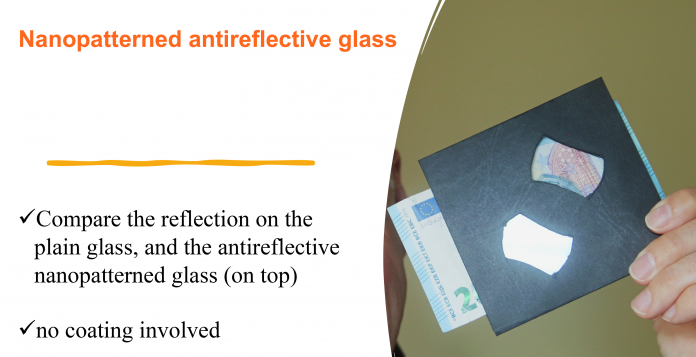Open Access Government produces compelling and informative news, publications, eBooks, and academic research articles for the public and private sector looking at health, diseases & conditions, workplace, research & innovation, digital transformation, government policy, environment, agriculture, energy, transport and more.
Home Search
Bacteria - search results
If you're not happy with the results, please do another search
The role of microbial diversity in microbial electrosynthesis
Bacteria are often painted as the enemy of humanity. Before the discovery of antibiotics, a wound getting infected was frequently a death sentence.
Mosses are the lifeblood of plant ecosystems, say researchers
Mosses are not only good for gardens, but are just as fundamental for the entire planet’s health when grown on topsoil, researchers at UNSW Sydney find.
Graham F. Hatfull – University of Pittsburgh
Dr. Hatfull is Professor of Biological Sciences at the University of Pittsburgh
He received his Ph.D. in Molecular Biology from Edinburgh University in 1981 and did postdoctoral work at Yale University with Dr. Nigel Grindley and at the Medical Research Council at Cambridge University, with Fred Sanger and Bart Barrell....
13 ways to tackle sugar addiction: Everything to know about having a sweet tooth
What is a sweet tooth? What causes it? Why does it matter? What can we do about it? Here Dr Deborah Lee, Dr Fox Online Pharmacy, explores everything there is to know about having a 'sweet tooth' and 13 ways to tackle it.
Chromatin Research and Epigenetics: History, research, and misconceptions
Professor Ute Deichmann, Jacques Loeb Centre for the History and Philosophy of the Life Sciences, Ben-Gurion University of the Negev, discusses the history, current research and misconceptions about chromatin research and epigenetics.
Can viruses worsen ecosystem responses against climate change?
Viruses have strong, potentially negative effects on microbes, which could mean ecosystem responses against climate change could be reduced.
1 in 4 people in the UK suffer from dry eye, but what is...
Although 17 million people are thought to be suffering from dry eye, the condition is not always easily diagnosed. How can we better understand it?
Neuromyelitis optica (NMO) – on the path to a cure
Dr. Ludivine Herman, Project Leader at immunotherapy specialist Imcyse, walks us through Neuoromyelitis optica facts & trends, the challenges of current therapies and the potential of immunotherapies.
Everything to know about Pica, a lesser known eating disorder
Pica is an eating disorder where the sufferer craves to eat non-food substances such as soil, ice or clay. But who can be affected, what are the causes, and what else is there to know?
Genomics research to benefit human health
Open Access Government discerns some of NHGRI’s work, part of the NIH in the U.S., concerning genomics research to benefit human health.
Biodiversity in crop & soil health management
Aarthi JanakiRaman, Research Director, Chemicals and Advanced Materials at TechVision, explains how biodiversity plays a vital role in crop and soil health management.
Nanomedicine: A multipronged approach to tackle infectious diseases
Ruplekha Choudhurie, Senior Industry Analyst/Team Lead, walks us through nanomedicine, explaining a multipronged approach to tackle infectious diseases.
PFAS: The “New” Forever Chemicals
The term “forever chemicals” has become part of the lexicon in lay science. This reflects the growing evidence that exposure to perfluoroalkyl substances (PFAS), a class of synthetic chemicals widely detected in our natural environment, our foods, and our bodies, is associated with adverse human health effects and harm...
Keeping your teeth for life: Why use a disclosing agent?
Dr. Neha Dixit and Dr. Marcel Donnet argue that you can’t ignore what you see when it comes to keeping your teeth for life. Particular focus is given to Guided Biofilm Therapy and the use of a disclosing agent.
Cutaneous chronic wounds: A worldwide silent epidemic
Chronic wounds develop due to the defective regulation of one or more of the complex cellular and molecular processes involved in proper healing. Here Manuela Martins-Green explores novel potential treatments for wound chronicity.
Could fecal microbiota transplants cure chronic illnesses?
The Invisible Extinction explores the burgeoning new science of fecal microbiota transplants and how it can help those suffering from chronic illnesses.
RNA molecule signature diagnosis could revolutionize personalized medicine
Professor Michael Levin from Imperial College London argues that in the DIAMONDS project, there has been a breakthrough response in personalized medicine via RNA molecular signature diagnosis.
Michael Levin – Imperial College London
Michael Levin is professor of International Child Health at Imperial College London
He works as a paediatric Infectious diseases specialist at St Mary’s Hospital, Imperial College NHS Trust, and leads an interdisciplinary research team that has applied molecular, genetic and immunological approaches to improve the diagnosis and management of childhood...
Nanotexured surfaces could be transformative – If given a chance to flourish
Professor Parvaneh Mokarian, founder of the technology and SUN-PILOT coordinator from Trinity College Dublin and AMBER centre looks at the possibilities and applications of nanotextured surfaces.
Personalized diet intervention in Thai ageing populations
Professor Apichart Vanavichit a Rice Genomic Breeding Expert at the Rice Science Center looks at diet intervention and therapy for the ageing population of Thailand to prevent disease.

